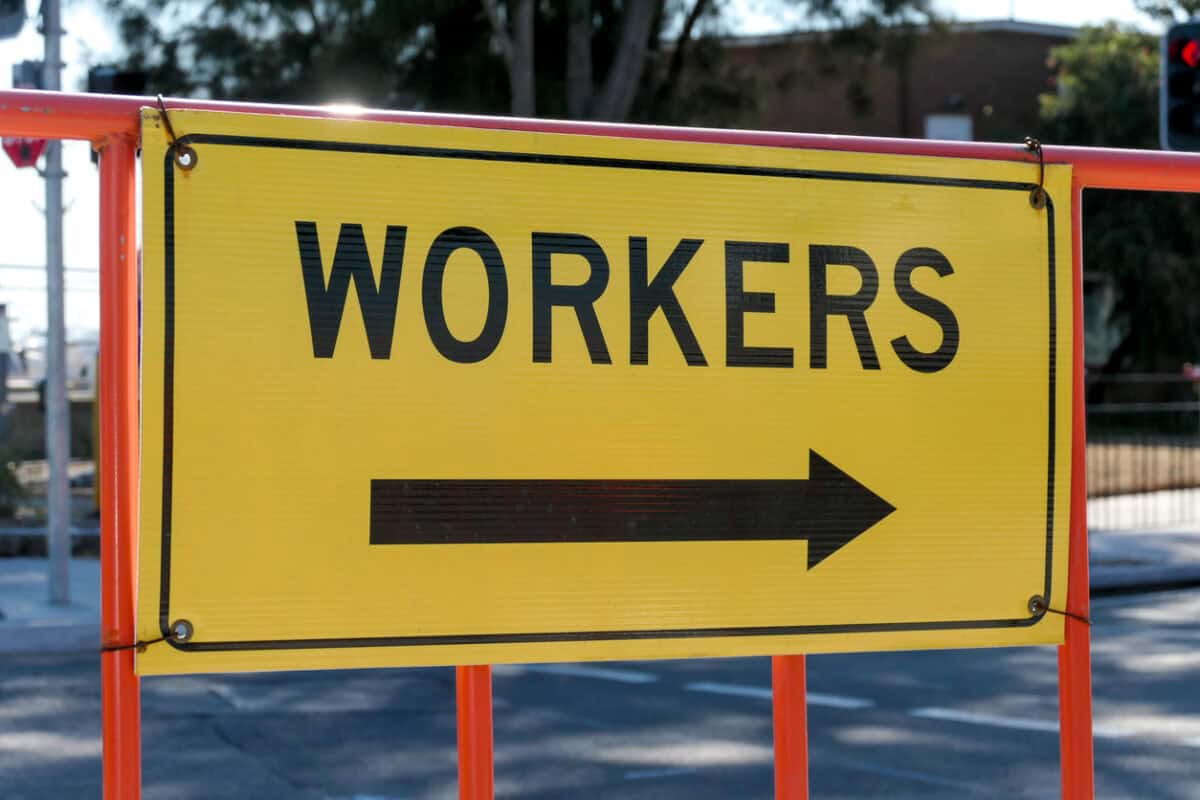In the landscape of occupational health and safety (OHS), executive leadership is often framed through the lens of compliance. However, as I and others have long argued, the law is the minimum; leadership must aim higher. Across hundreds of SafetyAtWorkBlog articles, a consistent theme emerges – safety leadership must evolve from bureaucratic oversight to moral accountability.
Continue reading “What changes does Leadership Require”Category: Leadership
Reframing Military Misconduct as a Safety Failure
The goal of occupational health and safety (OHS) is to prevent harm. The goal of most people is to not hurt others with their actions. However, some industry sectors don’t seem to apply these goals, or they rationalise the harm they cause for various reasons, including the greater good, or a corruption of the greater good.
These industries often include those based on military management processes, such as command and control. The emergency services and defence forces are obvious examples. Over many years, the various emergency service organisations throughout Australia have been investigated for bullying, sexual harassment and toxic workplace cultures.
A new report from the United Kingdom seems to illustrate the lack of progress in that country’s military services.
A Notable Omission in Burnout Talk
A recent radio/podcast discussion about burnout was instructional and frustrating. The November 7, 2025, episode of This Working Life was based on interviews with organisational psychologist Ben Searle and clinical psychologist Luke Martin about workplace burnout.
Safety Behaviour – Beyond Compliance in the Modern Workplace
Safety behaviour is often discussed in terms of compliance—whether workers follow procedures, wear protective equipment, or report hazards. Yet, this view only scratches the surface of what safety behaviour truly means in today’s complex organisational environments. At its core, safety behaviour encompasses the observable actions and decisions individuals make that either promote or compromise health and safety. These actions are shaped not just by rules, but by a rich tapestry of social norms, leadership expectations, and the perceived consequences of speaking up or staying silent.
The Ignored Costs of Unpaid Overtime
Australia has held an annual “Go Home on Time Day” for many years, but the amount of unpaid work workers give to their employers and the time their families miss out on remains high. Looking at new data in light of the legislative need for Australian employers to identify and assess psychosocial hazards, there are noticeable changes that employers need to make to comply with their occupational health and safety (OHS) obligations.
Unsafe Back Then, Unsafe Now. Why Leadership Must Change
To truly understand occupational health and safety (OHS) issues, it is necessary to examine OHS concerns beyond one’s own industry. Recently, this blog has reported on some parliamentary debates on OHS in the horse racing industry. The November edition of The Monthly includes an exposé of the OHS of Australia’s horse racing industry by freelance writer, Madison Griffiths, with lessons for all of us on morality, Godliness, accountability and leadership. The article is paywalled but well worth the purchase.
Decent Work is so 2015
Australia’s Prime Minister, Anthony Albanese, has talked about occupational health and safety (OHS)….. a bit. On November 4, 2025, the PM addressed the IndustriALL Global Union 4th Congress. According to the congress’ website it:
‘…will bring together trade union representatives from around the world to discuss the future of work and reinforce their collective commitment to fundamental rights and social justice.”
So, it would be odd if OHS were not mentioned or discussed. (The Congress does maintain an OHS page)







